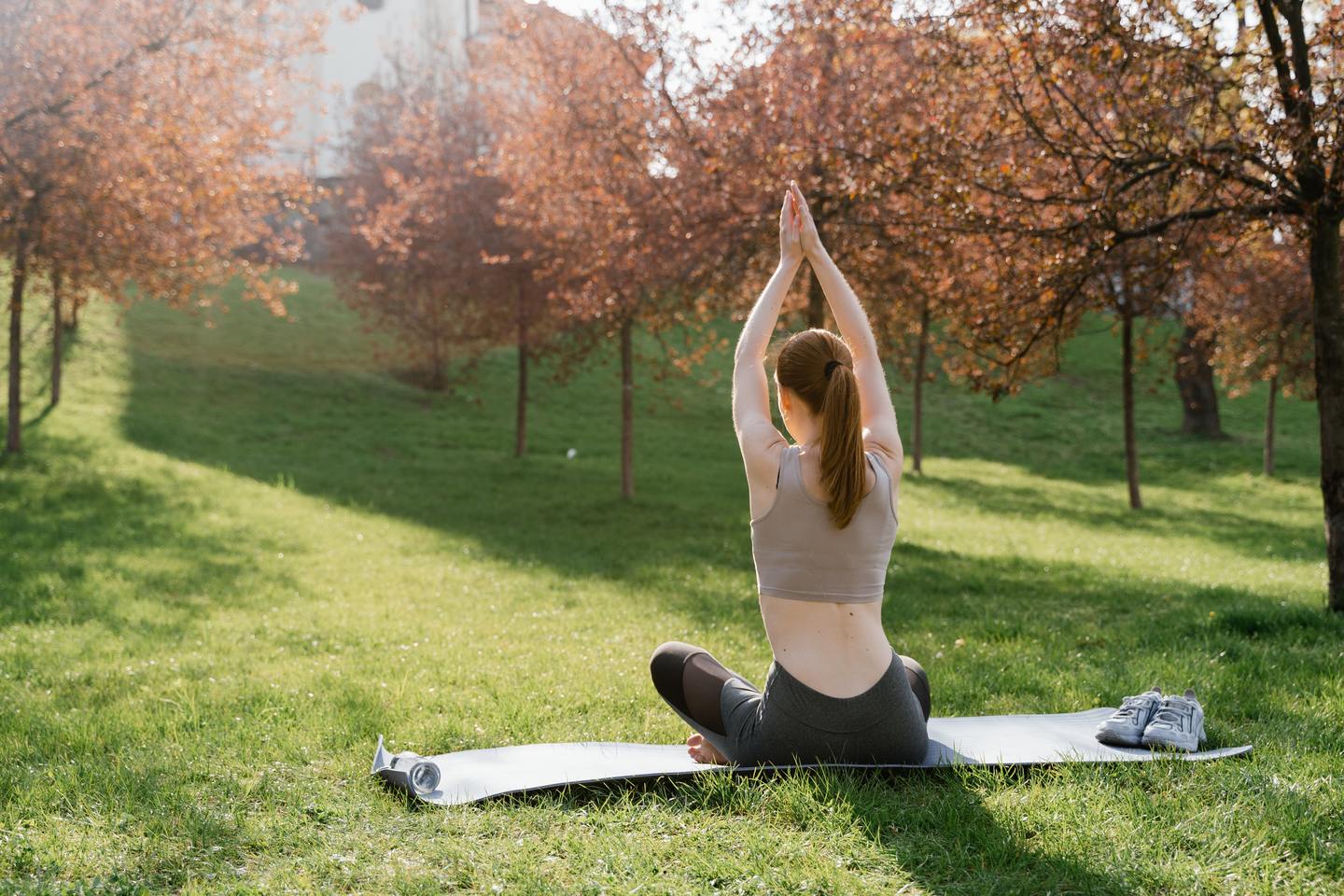Anxiety is a condition marked by persistent worry, physical tension, and mental fatigue. It can also manifest as difficulty concentrating, disruptions in sleep, and physical symptoms. Physical symptoms include an increased heart rate and shortness of breath. While anxiety affects individuals differently, incorporating exercise into daily routines can be a helpful way to alleviate symptoms and improve overall well-being. Here are the roles exercise plays in managing anxiety:
Boosting Endorphins
Exercise increases the production of endorphins, which are natural chemicals released by the brain. These chemicals have a key role in promoting a sense of well-being and reducing feelings of anxiety. Endorphins work by improving mood and decreasing pain perception, which can make the experience of anxiety less overwhelming. Engaging in moderate-intensity activities, like brisk walking, can significantly enhance the release of endorphins. For many, focusing on the immediate boost in mood provided by exercise can create an easier pathway to managing anxiety over time.
Reducing Physical Tension
Exercise offers a direct way to counteract physical tension by encouraging muscle movement and relaxation. Strength training and similar anaerobic activities help release muscle tension and reduce physical discomfort. Progressive muscle relaxation is often incorporated into exercise routines to target specific areas of discomfort. This involves actively tensing and releasing muscles in a structured way, offering a practical tool for managing the physical manifestations of anxiety.
Aiding Concentration and Focus
Anxiety frequently contributes to difficulty concentrating and mental fatigue. Regular physical activity can help counteract this by improving blood flow to the brain. Improved blood flow may enhance cognitive function and reduce negative thought patterns. Over time, these benefits can improve attention span and impulse control, offering a focused approach to everyday tasks. Activities that demand hand-eye coordination or require rhythmic movements can be particularly effective. For instance, practicing yoga may provide the dual benefit of physical exercise and mental focus, making it ideal for those managing anxiety.
Providing Mental Distraction
Anxiety often involves racing thoughts and constant worry, which can be difficult to interrupt. Exercise offers a way to shift attention away from these patterns by requiring focus on physical activity and bodily sensations. This mental distraction breaks stressors and allows emotions to regulate naturally. Focusing on movements, such as measuring strides during a run or counting repetitions during a workout, reinforces this shift and helps redirect energy away from worry. Activities like dancing or playing sports with others can also add a social element to the experience, further enhancing its benefits.
A Complementary Therapy
While exercise alone is not a standalone cure for anxiety, it can serve as a complementary therapy alongside professional interventions. Combined with approaches such as medication, physical activity forms an integrated strategy for managing anxiety. Its benefits are amplified when tailored to individual preferences and specific needs, promoting a sustainable and enjoyable routine.
For those beginning an exercise regimen, starting small and gradually increasing the intensity and duration of activities is helpful. This approach minimizes the risk of injury and establishes consistent habits that support long-term anxiety management.
Learn More About Anxiety Management
Exercise is fundamental in reducing anxiety symptoms, offering benefits such as improved mood, physical relaxation, and enhanced sleep. While it is not a replacement for professional treatment, it is a helpful tool that complements existing strategies. Whether through aerobic activities, strength training, or more focused practices like yoga, the positive effects of physical movement may relieve anxiety. To explore more strategies or tailored advice for anxiety management, seek guidance from a qualified mental health professional.

